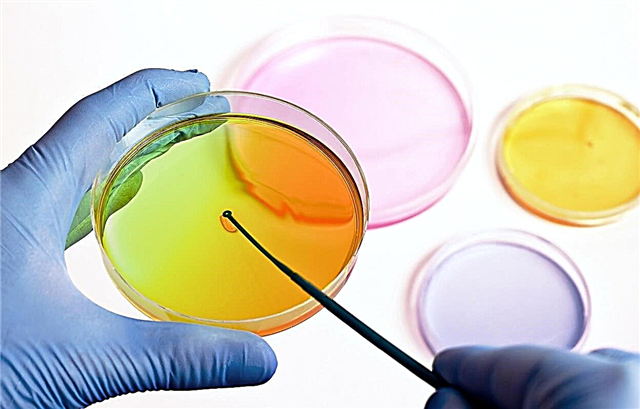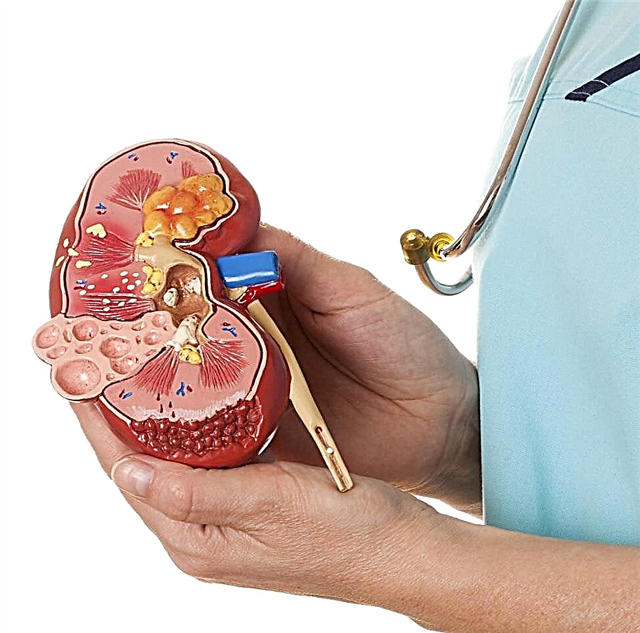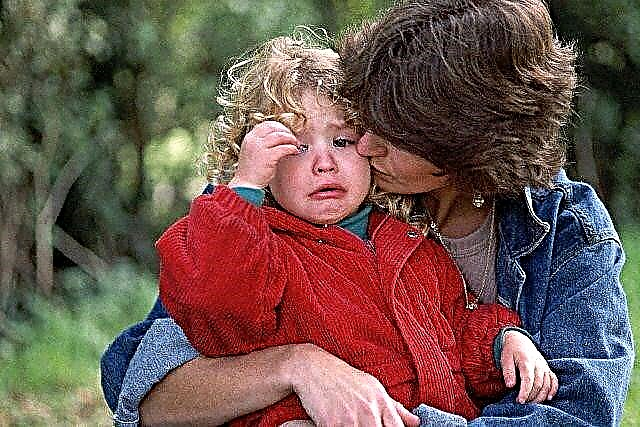In children under one year old, the mechanisms of thermoregulation are not yet fully formed, therefore, sweating at this age is quite common. Usually it is not associated with pathology, but there are exceptions, so parents should be attentive to the baby's condition. If necessary, you should consult with doctors. Also, do not dress your child too warmly.
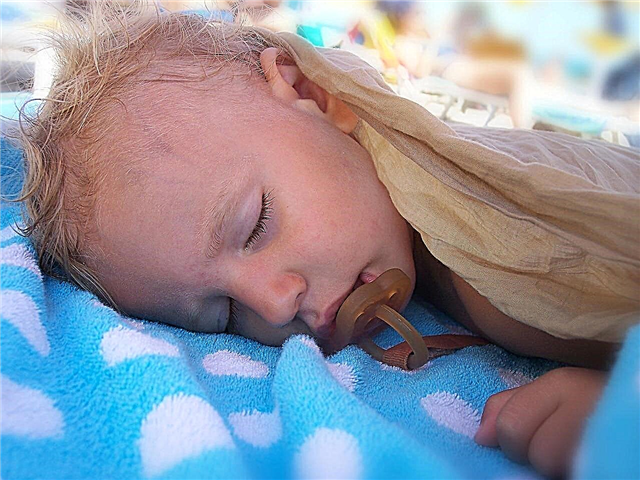
Sweating in children is not always a pathology
Why does a child have cold sweats?
External factors
Cold sweats in a child are frequent and not always cause for alarm. Most often, the reasons are external factors, for example:
- overheating of the baby;
- swaddling too tight;
- high air temperature in the apartment;
- that a child is dressed in several layers both at home and on the street.
In these cases, it is not difficult to solve the problem, it is enough just to dress the child lighter. If the baby has a sweaty head, you should put on a thin cotton cap until the hair is dry.
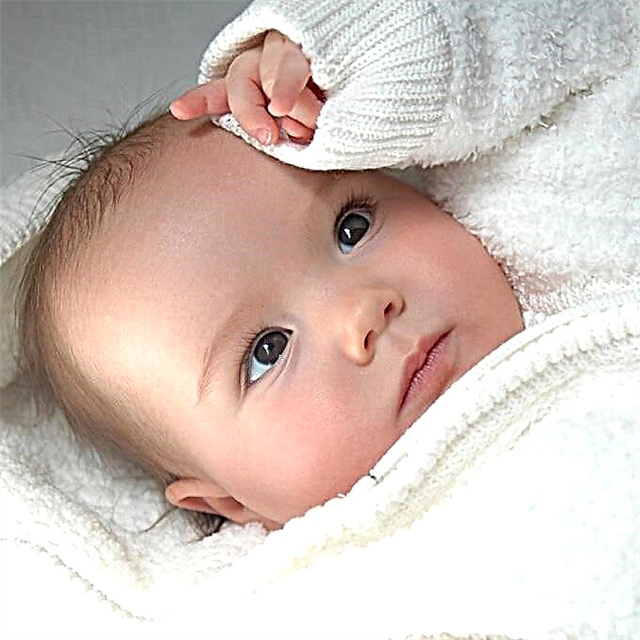
An external cause may be overheating of the baby.
Pathological causes
If the baby has cold sweat, the reasons may be pathological. These include any disease. Most often, sweating occurs during the acute stage of acute respiratory infections, when the baby's temperature rises, it can also be a sign of rickets or even tuberculosis. Only a physician can identify the exact cause.
Attention! Excessive sweating during sleep can be the cause of rickets. In this case, it is necessary to give the infant additional doses of vitamin D.
Sweating: pathology and norm
If the child has cold sweat while sleeping, you should observe how he feels during the day. If the situation does not change during the day, it is recommended to measure the temperature, it may be increased. Parents should pay attention to the following points:
- how the child sleeps: calmly or often wakes up;
- is the baby growing well and gaining weight;
- whether the child has a delay in physical development;
- if the urine and blood tests are normal.
You should also pay attention to the nutrition of the child. Sweating is likely caused by a lack of nutrients in the body, as well as problems with the absorption of vitamin D.
What should parents do
If your baby has a cold sweat at night, it is possible that the apartment is too hot (this often happens in summer). In this case, you should regularly ventilate the room, especially before putting the baby to sleep at night. It is also necessary to walk with the baby as often as possible. You need to put on clothes for a walk so that on the street, if necessary, you can easily remove an additional layer if it gets warmer, and put it on again if it gets colder. In hot summer, you can only put on the baby's bodysuit and cover the baby with one flannel diaper.
When to see a doctor
If a child has a wet and cold forehead all the time, you should consult with your local pediatrician. The doctor will send the baby for tests and do an ultrasound of the thyroid gland, because excessive sweating is often caused by hormonal disorders.
Also, the child will be tested for the Mantoux reaction to exclude the manifestation of tuberculosis. If sweating occurs along with other symptoms of rickets, the baby will be prescribed a course of vitamin D. In each case, the treatment is determined individually.
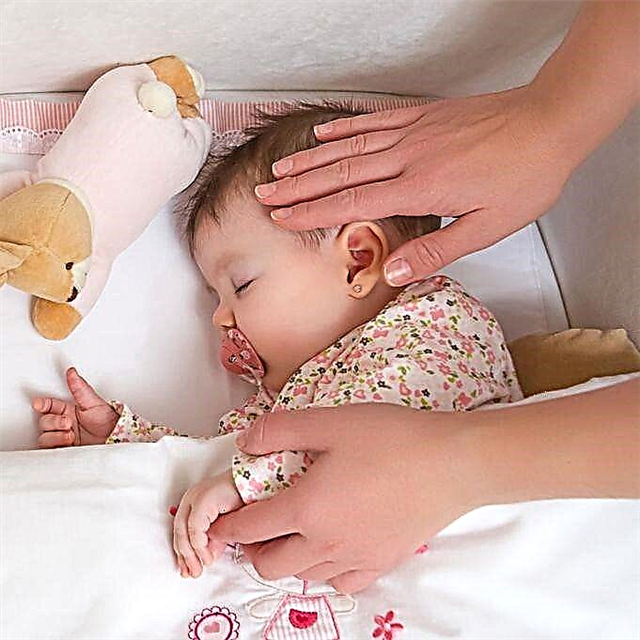
Sometimes sweating is caused by metabolic disorders
Attention! If excessive sweating is combined with a cold temperature, the baby is probably not eating enough. In this case, it is necessary to regularly weigh the baby, if necessary, add milk formula or complementary foods to breastfeeding.
When urgent care is needed
In some cases, if you notice a cold sweat in a baby, you should immediately consult a doctor or call an ambulance. These include:
- temperature above 38 degrees;
- sweating combined with symptoms of a gastrointestinal infection or food poisoning;
- clear signs of dehydration (for example, sunken fontanelle);
- general unwellness of the child, for example, drowsiness, lethargy and lethargy.
Important! Sweating is also a side effect of some vaccine medications and cold medicines. In this case, this condition goes away on its own, without requiring treatment, after the drug is discontinued.
Symptoms of emergency conditions
Cold sweats in babies often occur with acute respiratory diseases, when the child has a high fever. In this case, the baby is usually excited or, conversely, sleeps all the time. If the child has ever had seizures accompanying a high temperature, this condition is urgent.
Also, medical care cannot be postponed in cases where increased sweating is combined with any breathing difficulties, literally every minute is precious here. This condition occurs in diseases of the respiratory tract, accompanied by cough and phlegm: bronchitis, pneumonia.
Sweating in a child is often observed with severe diarrhea or vomiting. In this case, if a doctor is not called in time, the baby may die from dehydration. If there is a shortage of water in the body due to poisoning or intestinal infection, the child must be urgently hospitalized, in the hospital he will be given droppers with saline to restore health. Before the arrival of the doctor, the patient should be given as much drink as possible. If the child has a fever, an antipyretic should be given to help at home.
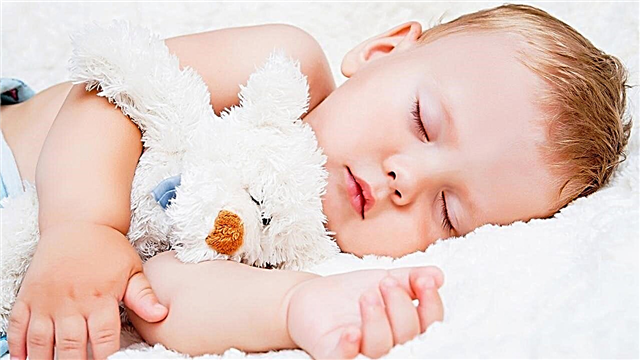
Temperature above 38 degrees - a reason for urgent medical attention
Diagnostics
According to Komarovsky, an accurate diagnosis can only be performed by a doctor. It is not increased sweating that should be treated, but an illness or disorder that causes sweating.
If it is not possible to consult a doctor, parents can do the following to solve the problem on their own:
- make sure your baby is dressed for the weather;
- normalize the room temperature;
- check if the child's nutrition is appropriate for the age, if necessary, introduce complementary foods or supplementary feeding with a mixture in addition to breastfeeding;
- check if the child's body temperature changes during the day, if he is healthy.
Note. In infants in childhood up to a year, the body temperature can rise to 37 degrees with general good health - this is not a sign of illness, but underdevelopment of thermoregulation mechanisms. In this case, the baby may also sweat.
Usually, things like sweaty foreheads and sweaty palms go away on their own as the baby grows up. However, for some children who are often sick and weak, temperature fluctuations for no apparent reason can last up to two to three years. If the baby's temperature is 37.5-38 degrees, and he does not sleep well, the baby is sick, or teething has begun. In this case, you should urgently find out why the child has a cold sweat at night.
If parents are attentive to their child and notice the slightest changes in children's behavior, it will not be difficult to prevent excessive sweating. The main thing is to remember that it is difficult for a newborn to adapt to the environment, therefore cold sweat, too high or low temperature is not always a pathology. Proper care of a newborn and baby up to a year will help grow him healthy and strong.
In order for a newborn baby to have good thermoregulation, you should pay attention to his clothes: they should be light so as not to hinder movements. If your baby is cramped in a tight jumpsuit, it can lead to increased sweating. You should also monitor the air temperature in the room - heat and dry air also provoke sweating. The main thing is to create suitable living conditions for the baby, organize feeding correctly, and the problem will be safely resolved, and no treatment is needed.

